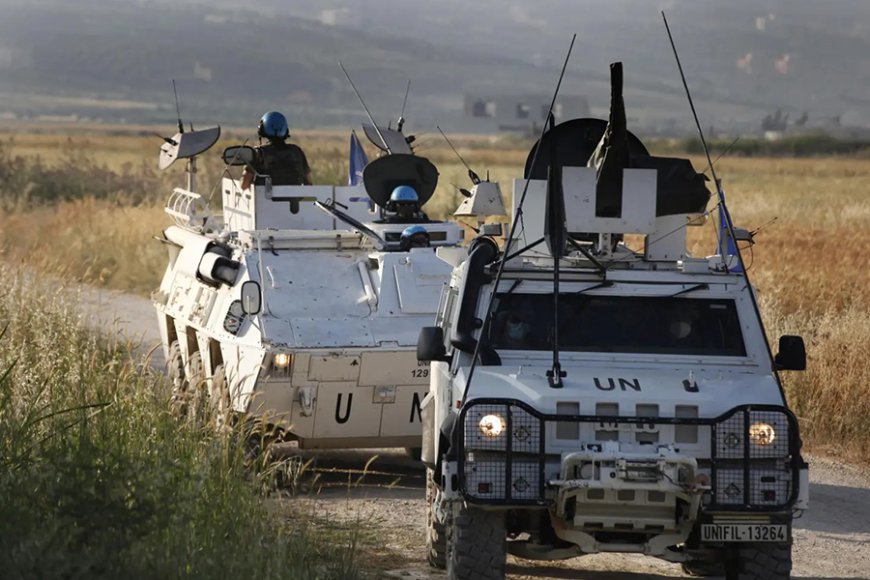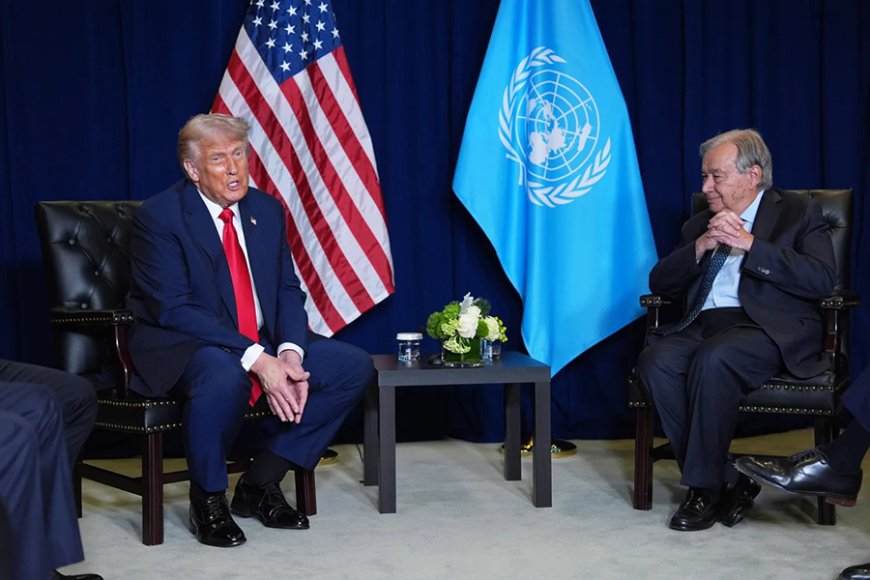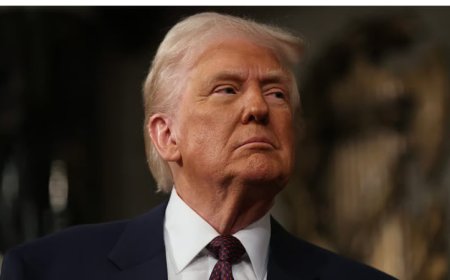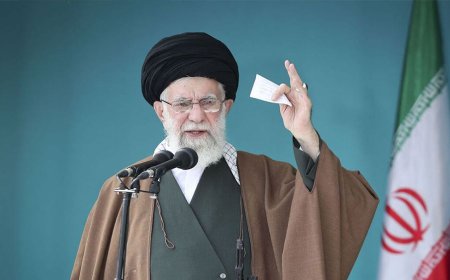US Funding Cuts Bite: UN to Slash 25% of Global Peacekeeping Force
US Funding Cuts Bite: UN to Slash 25% of Global Peacekeeping Force

The United Nations will begin reducing its peacekeeping forces and operations, forcing thousands of soldiers to leave remote global hotspots in the coming months due to recent US funding cuts, a senior UN official said.
Speaking on the condition of anonymity, the official briefed reporters Wednesday on a 25 percent reduction in peacekeepers worldwide, following changes by the United States—the UN's largest donor—aligned with President Donald Trump’s “America First” agenda.
Approximately 13,000 to 14,000 military and police personnel out of more than 50,000 deployed across nine global missions will return to their home countries. The UN support office in Somalia will also be impacted, and the peacekeeping budget is set to shrink by roughly 15 percent this year.
UN peacekeeping missions are active in countries including the Democratic Republic of Congo, the Central African Republic, South Sudan, Lebanon, Cyprus, and Kosovo.

All 193 UN member states are legally required to contribute to peacekeeping. UN Secretary-General Antonio Guterres has emphasized that, with a budget representing just a tiny fraction of global military spending—around half of one percent—UN peacekeeping remains one of the most effective and cost-efficient tools for promoting international peace and security.
The decision to overhaul the peacekeeping force, known worldwide for their distinctive blue helmets and berets, followed a meeting Tuesday between Guterres and representatives from major donor countries, including Mike Waltz, the new US ambassador to the UN.
Waltz and other Trump administration officials have criticized the UN as bloated and inefficient, pledging to withhold further contributions until the State Department completes a review of every UN agency and program. Since the start of Trump’s second term, this review has already led to US withdrawal from UNESCO, the World Health Organization, and the top UN human rights body, while reassessing funding for other agencies.
At the UN, over 60 offices, agencies, and operations face 20 percent job cuts as part of Guterres’ reform initiatives and in response to previously announced US funding reductions.
In a recent television interview, Waltz stated that the US aims to return “the UN to the basics of promoting peace, enforcing peace, preventing wars,” adding, “We have to cut out all of this other nonsense.”
UN peacekeeping has expanded significantly over the decades. At the end of the Cold War, around 11,000 personnel were deployed. By 2014, this had risen to 130,000 across 16 missions. Today, roughly 52,000 men and women serve in 11 conflict zones across Africa, Asia, Europe, and the Middle East.
The US has committed $680 million to nine of these peacekeeping missions this year—a sharp drop from the $1 billion contributed at the same time last year. These funds will support all active missions, particularly those of special interest to the US, including peacekeepers in Lebanon and the Democratic Republic of Congo.
US and Chinese contributions account for half of the UN’s peacekeeping budget. Another senior UN official, also speaking on the condition of anonymity, noted that China has indicated it will fulfill its full contribution by the end of the year.
What's Your Reaction?




















































































